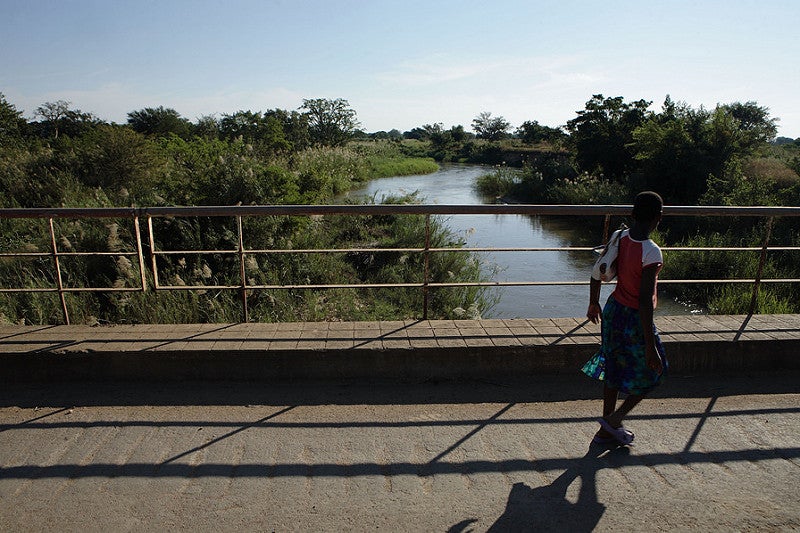
How can countries emerging from civil war be supported on their path toward sustainable peace? Besides the finding that multidimensional peacekeeping reduces the risk of civil war recurrence, little systematic knowledge exists on the effects of international efforts to foster peace. Therefore, debates over priorities, sequencing, and other questions regarding the design of international support in postconflict contexts are far from concluded. At the same time, recurring violence continues to haunt many countries that have experienced civil war.
Against this background, this post takes a closer look at external support for post conflict countries. It summarizes findings from the research project, “Supporting Sustainable Peace,” conducted at the German Development Institute/Deutsches Institut für Entwicklungspolitik (DIE) between 2015 and 2017 and funded by the Federal Ministry for Economic Cooperation and Development (BMZ).
Our research analyzed which types and combinations of support were most conducive to sustaining peace in countries emerging from violent conflict. First, we disaggregated international peacebuilding support into five areas: peacekeeping, non-military security, politics and governance, socioeconomic development, and societal conflict transformation. Then we employed configurational analysis (fuzzy-set qualitative comparitive analysis) to identify patterns of support that were associated with sustained peace after civil war. Our analysis covered 36 postconflict episodes after 1990, 20 of which remained peaceful according to data on armed conflict from UCDP/PRIO. For each episode, we took into account international support from OECD-DAC member countries and multilateral organizations that were eligible as for Official Development Assistance (ODA) and combined it with data on peacekeeping troops. In addition, we introduced an indicator for a country’s predisposition to conflict recurrence, based on factors such as characteristics of the previous war and economic indicators.
From the patterns we identified, four findings stand out:
- Neglecting postconflict countries paves the way for recurrence.
- Improving security can contribute to peace…
- … but so can supporting politics and governance.
- Difficult contexts require a comprehensive approach.
These results further our understanding regarding the prevention of violent conflict in two important ways. First, they clearly demonstrate that international engagement in postconflict contexts can make an important contribution to peace. So far the literature has only been able to systematically demonstrate a positive relationship for peacekeeping troops. Our analysis instead indicates that other types and combinations of international support can also contribute to sustainable peace. Second, our results underline the important role international support to politics and governance can have in promoting peace, calling into question the widely found scepticism toward democracy promotion in postconflict states.
Charlotte Fiedler, Jörn Grävingholt, and Karina Mross are with the German Development Institute/Deutsches Institut für Entwicklungspolitk (DIE).




Join the Conversation